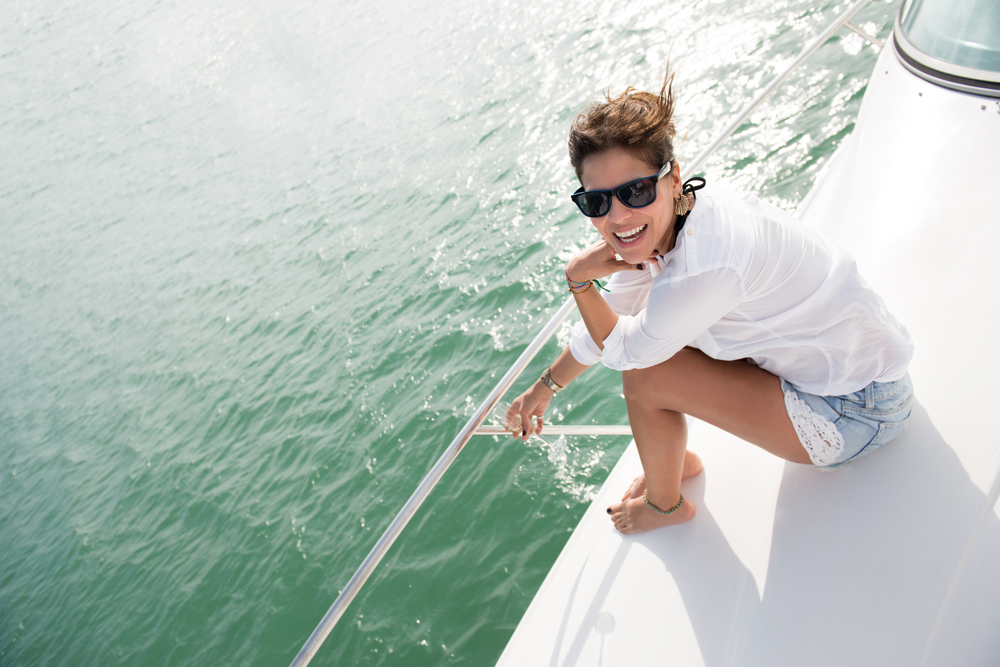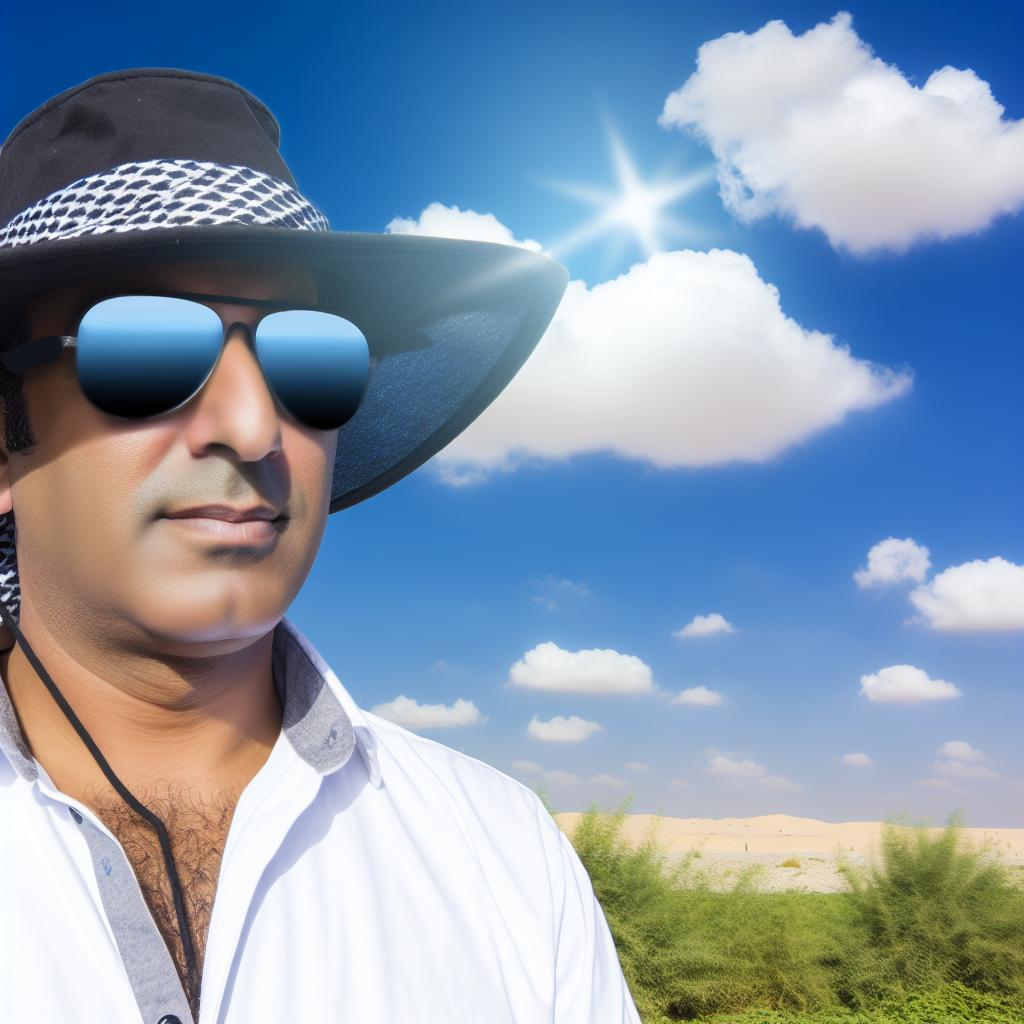Protecting your eyes when active and outdoors is crucial for maintaining good eye health and preventing sports-related eye injuries. The best way to protect your eyes, no matter what you are doing is with protective eyewear.
Similarly to how scientists won’t enter the lab without goggles, you shouldn’t enter the playing field without the proper protective gear. Sports goggles are great for fast, high-intensity sports. Sports goggles are most often used in basketball and racket sports. If you are a glasses wearer, you can even get prescription sports goggles.
When you play with safety in mind, the chances of injury are less but you can never predict when an injury will occur. Use these tips to protect your eyes and limit your chance of injury while engaging in sports or outdoor activities.
Contact Care
Contact wearers need to clean their contact cases before each use. Old contact solution is filled with dirt and dust which could easily irritate your eye if not changed regularly. Avoid eye infections by staying on top of changing contacts at the appropriate time. Most contacts are either dailies, meaning you change them each use, or monthlies, meaning you use a new pair every month.
Sunglasses
Sunglasses don’t just work to shade your eyes from the sun; they protect your eyes from harmful UV rays coming from the sun. Radiation and heat from the sun could damage the cells in your eyes and lead to vision loss. Protect your eyes from UV damage with UV-blocking lenses, limit sun exposure, and avoid looking at reflective surfaces.
Wear Your Helmet
While football is a way of life for most Americans, it’s a very dangerous sport, even with helmets. Recently, sports researchers have developed helmets that better protect the heads of football players and limit concussion risks. Helmets are often required in other high-intensity and impact sports like rugby, but you should also wear a helmet when on a bike or motorcycle.
Your head houses some of the most important organs in your body: your brain, eyes, and vital functions that keep you healthy and alive. If you were to hit your head really hard, you are at risk of brain or eye damage. By wearing a helmet, you limit the risk of injury to all the parts of your head.
Water Activities
Eye protection is equally as important when you are participating in water activities. Germs and dirt are everywhere in the water, making it easy to irritate your eye. The most common water sports that require protective eyewear are competitive swimming, diving, and water skiing. Whether you are playing sports or just having fun, you should refrain from opening your eyes when underwater unless you wear swim goggles. Swim goggles can also be made with prescription lenses, so people with impaired vision can participate in water sports.
Don’t Rub Your Eyes
While rubbing your eyes might feel good in the moment, it is the number one way to irritate your eyes further. If you feel like there is dirt in your eye, flush it out with eye drops or a saline rinse. Rubbing your eye could move the foreign object deeper into your eye cavity or cut your cornea. If you have allergies, talk to your doctor about the best allergy medicine to take to alleviate chronic itchy or watery eyes.
Stay Hydrated
Drinking water when you’re outside will prevent you from getting dehydrated. It also ensures all the parts of your body that are supposed to stay moist, like eyes and mucus membranes, stay lubricated. Dry eyes can lead to blurry or impaired vision and can feel like there is grit in your eye. Eye drops are great for alleviating dry eye symptoms and bring a bit of moisture to your eyes. If you experience extreme or frequent eye dryness, talk to your eye doctor about solutions for your condition.
Regular Eye Exams
Regular eye exams are the best way to ensure your eyes are healthy. You should schedule at least one eye exam a year, and maybe more if your vision is impaired or you have eye sensitivities. Routine eye exams consist of eye pressure and depth perception tests, along with vision exams. Sometimes, doctors will dilate your pupil to allow more light into your eye. This gives them a better view of your retina and optic nerve, where they would find signs of eye diseases, glaucoma, or even diabetes complications.
Sports are a leading cause of injuries in the United States with researchers estimating 3.5 millions sports injuries a year. Roughly 600,000 of those injuries are suspected to be eye-related and can often lead to blindness for the person injured.
You never know when an injury or infection is going to occur, which is why preventive measures are so important when it comes to your eye health. Trouble with your vision or want to make sure your eyes are healthy? Schedule an eye exam at Rochester Eye and Laser Center to find out about your eye health and how best you can protect your vision.



 Guest Author Tahlia Gutierrez
Guest Author Tahlia Gutierrez




